The biological clock refers to the time span in which you are able able to achieve a pregnancy.
In this post, you are going to learn:
- When the biological clock starts ticking,
- At what age you are most fertile, and
- if there is a way to slow down or pause your biological clock.
Let’s get started.
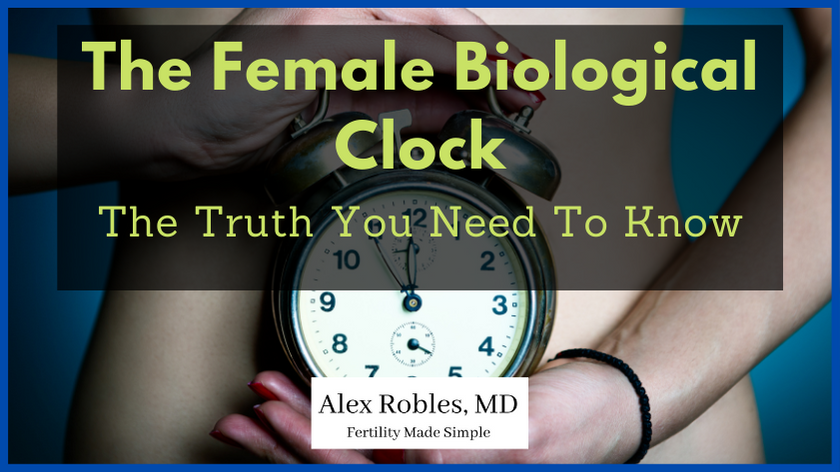
What is the biological clock?
The biological clock is a metaphor to represent the years in which you are fertile/ can achieve natural conception.
The more time that passes, the less likely you are to conceive.
Eventually, the time does run out, and natural conception is not biologically possible once you reach menopause.
How do you know if your biological clock is ticking?
There’s no way of knowing exactly when your window of fertility will end, but your clock is always ticking.
The timescale is different for each woman, but your age significantly impacts your reproductive potential. The older you are, the more difficult it will be to conceive.
In addition, the age at which your mother went into menopause can also give clues to how long you have left.
At what age does a woman’s biological clock start ticking?
Every woman’s ‘clock’ starts ticking when she is still a fetus inside of the womb. Believe it or not, at 20 weeks gestation, you had the highest number of eggs that they will ever have.
(The number is about 6-7 million eggs).
From there, your numbers begin to diminish. By the time you are born, you have 1-2 million eggs left.
Once you reach puberty, your pituitary hormones will be fully mature. At this point, your ovaries will begin releasing a fully mature egg every month. This process is called ovulation.
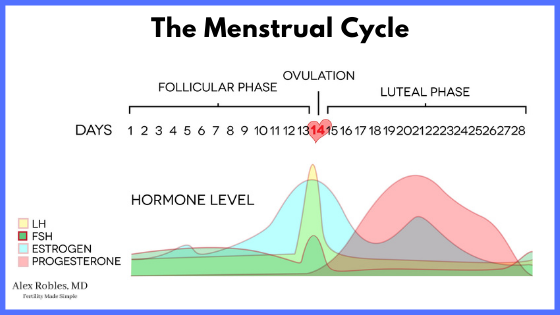
Technically, the “real ticking of the biological clock” starts now, as this is the true beginning of your reproductive years.
At this point, you have approximately 300,000 – 500,000 eggs left.
When is peak fertility for a woman?
The average age that a woman is most fertile is when she is in her early to mid-20s.
Is there a biological clock for men? Males vs. females
Fertility declines with age in both males and females; however, the consequences are far more significant in women.
In studies looking at semen samples of men, sperm parameters are noted to decline after 35. However, male fertility does not appear to be negatively impacted until after the age of 50.
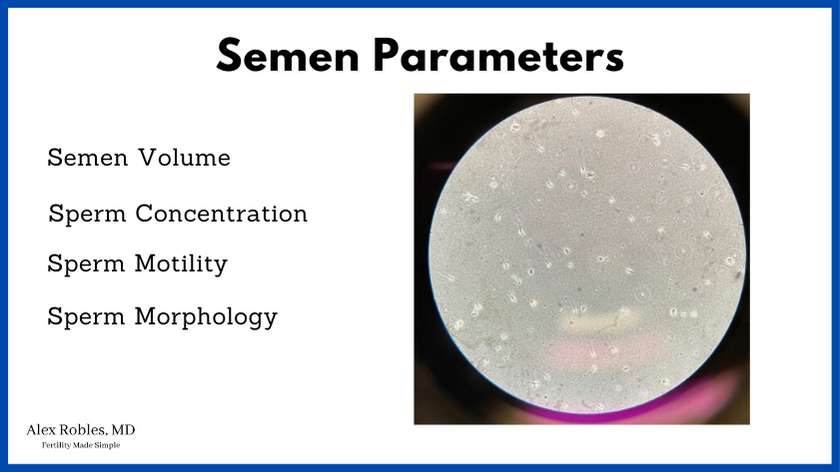
Are there any symptoms of the biological clock / biological aging?
There are no specific physical signs that can denote that your biological clock is ticking.
You won’t experience any symptoms until you are nearing menopause.
Unfortunately, some women will experience premature ovarian insufficiency and go into menopause before the age of 40.
Peri-menopausal symptoms include:
- Irregular periods
- Hot flushes
- Night sweats
- Vaginal dryness
You should seek consultation with a reproductive endocrinologist if you are under 40 and have tried to conceive for more than 6-12 months without success.
How can I improve my biological clock?
There is no way to stop or pause your biological clock. Many women elect to freeze their eggs, a process known as oocyte cryopreservation or fertility preservation.
To do so, you would need to undergo an IVF cycle (minus the fertilization). An IVF cycle includes:
- ovarian stimulation with nightly injections
- morning monitoring with ultrasounds and bloodwork
- egg retrieval
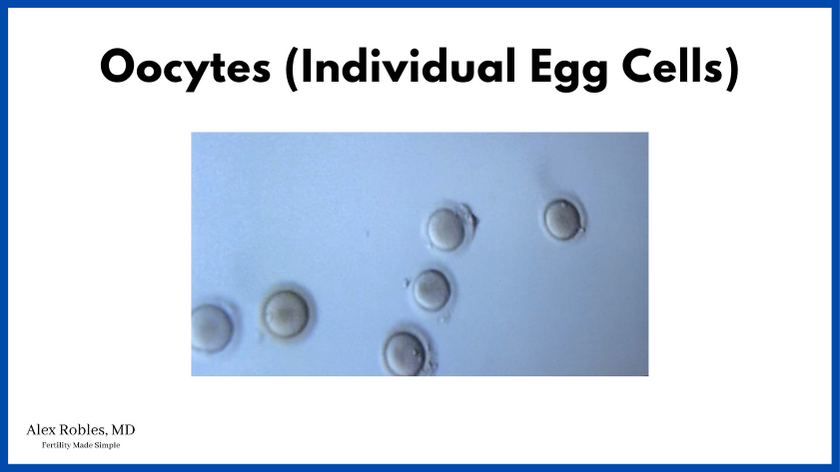
While egg freezing is not a guarantee that you will achieve a live birth in the future, the likelihood is much higher based on the number of eggs frozen.
What should I avoid to maintain my ability to conceive naturally?
The most important thing that you can do is maintain a healthy lifestyle.
Women who smoke go into menopause, on average, 1 to 4 years sooner than nonsmoking women. It appears that smoking speeds up the rate of follicular depletion.
In addition, women who are very thin or obese have lower fertility rates. While this may not impact your ticking clock, it can affect your menstrual cycle regularity, and thus, your ability to conceive.
Finally, avoid excessive alcohol intake as this too may hurt your fertility.
What is the average duration of the biological clock?
The average biological clock starts shortly after puberty (~16 years) and terminates around the perimenopause / menopause transition (~45-47 years of age).
However, pregnancy rates decline sharply in the late 30s and early 40s.
It is important to note that this window can vary across cultures, ethnicities, and even within families.
It is also important not to compare yourself to others as your genetics and ovarian reserve are unique to you.
Other facts about the biological clock
Why do I see so many women in their late 40s or 50s getting pregnant?
These individuals are likely not getting pregnant with their own eggs.
The use of donor eggs is increasing, as approximately 8-10% of all in vitro fertilization cycles performed are for egg donation.
Egg donation has become a viable option for older women or women with diminished ovarian reserve.
With that said, getting pregnant at an older age is associated with increased pregnancy complications: such as preeclampsia, gestational diabetes, preterm birth, and c-section risk.
Why does age impact female fertility?
The eggs in your body have been present with you your whole life. Unlike men, who can produce new sperm, women are born with a set number of eggs.
With time, these eggs are more likely to accumulate genetic mutations and develop chromosomal abnormalities.
These are known as meiotic errors (abnormalities that happen when the egg is dividing its DNA).
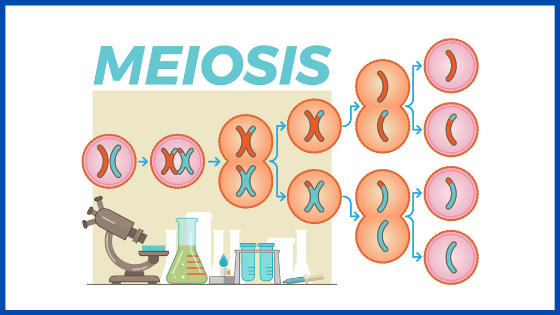
Over time, these abnormalities lead to poor egg quality, decreasing the chances of fertilization and implantation while increasing the risk of miscarriage.
In sum, age is associated with a decrease in your ovarian reserve quantity and quality.
How do I know if I need fertility treatments?
There are many reasons to seek fertility treatment, such as:
- inability to conceive for 6-12 months with regular unprotected intercourse
- advanced age
- known infertility diagnosis (blocked tubes, genetic disorders associated with infertility)
I go over all the possible indications for IVF treatments here.
Is there a blood test to predict my fertility?
Unfortunately, there are no blood tests that can predict your future fertility.
There are, however, three ways to assess the state of your ovarian reserve.
- Anti-mullerian hormone level (AMH blood test)
- Antral follicle count on transvaginal ultrasound
- Follicle-stimulating hormone level (FSH)
Anti-Mullerian Hormone
AMH is a blood test that can reliably predict your remaining egg supply. The lower the number, the lower your ovarian reserve.
Keep in mind; this is a marker of egg quantity, NOT egg quality. You can have a healthy pregnancy and a healthy baby even with a low AMH.
Antral Follicle Count
The antral follicle count is performed by a transvaginal ultrasound on cycle day 2 or 3.
Typically, women with a low ovarian reserve have less than 8-10 antral follicles.
Follicle Stimulating Hormone
The pituitary gland releases FSH to stimulate eggs to grow and mature. Higher levels early in the menstrual cycle indicate lower ovarian reserve.
Conclusion
Unfortunately, the biological clock is a natural phenomenon that impacts everyone.
The gradual decline in fertility starts in your late 20s and becomes more significant after 35-37.
All women should know their fertility potential and take the necessary precautions to explore their options.
If you have been trying to conceive for 6-12 months, do not hesitate to consult a fertility specialist as soon as possible.
Make An Appointment With Dr. Robles To Discuss Your Fertility Options Today!
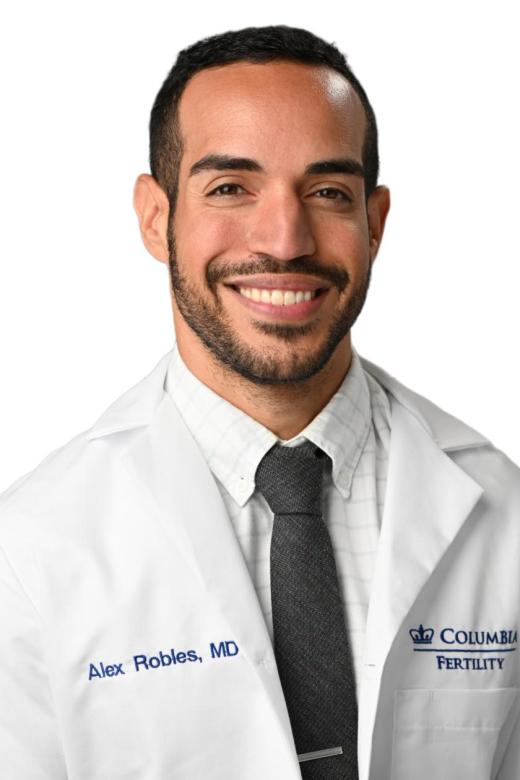
Alex Robles, MD
Dr. Alex Robles is a Spanish-speaking Latino-American Reproductive Endocrinologist and Infertility specialist in New York City, and a board-certified OBGYN. He has a special interest in health, lifestyle, & nutrition. Make an appointment with Dr. Robles to discuss your fertility options today!
References:
- O’Connor KA, Holman DJ, Wood JW. Declining fecundity and ovarian ageing in natural fertility populations. Maturitas. 1998 Oct 12;30(2):127-36. doi: 10.1016/s0378-5122(98)00068-1. PMID: 9871907.
- Woodruff TK. Making eggs: is it now or later?. Nat Med. 2008;14(11):1190-1191. doi:10.1038/nm1108-1190
- American College of Obstetricians and Gynecologists Committee on Gynecologic Practice and Practice Committee. Female age-related fertility decline. Committee Opinion No. 589. Fertil Steril. 2014 Mar;101(3):633-4. doi: 10.1016/j.fertnstert.2013.12.032. PMID: 24559617.
